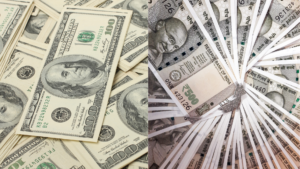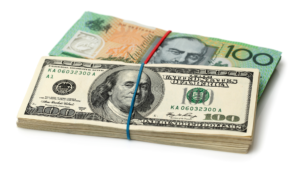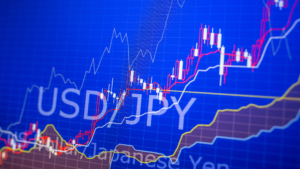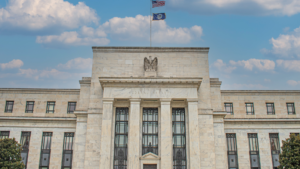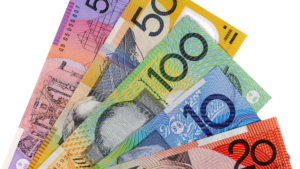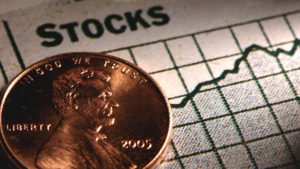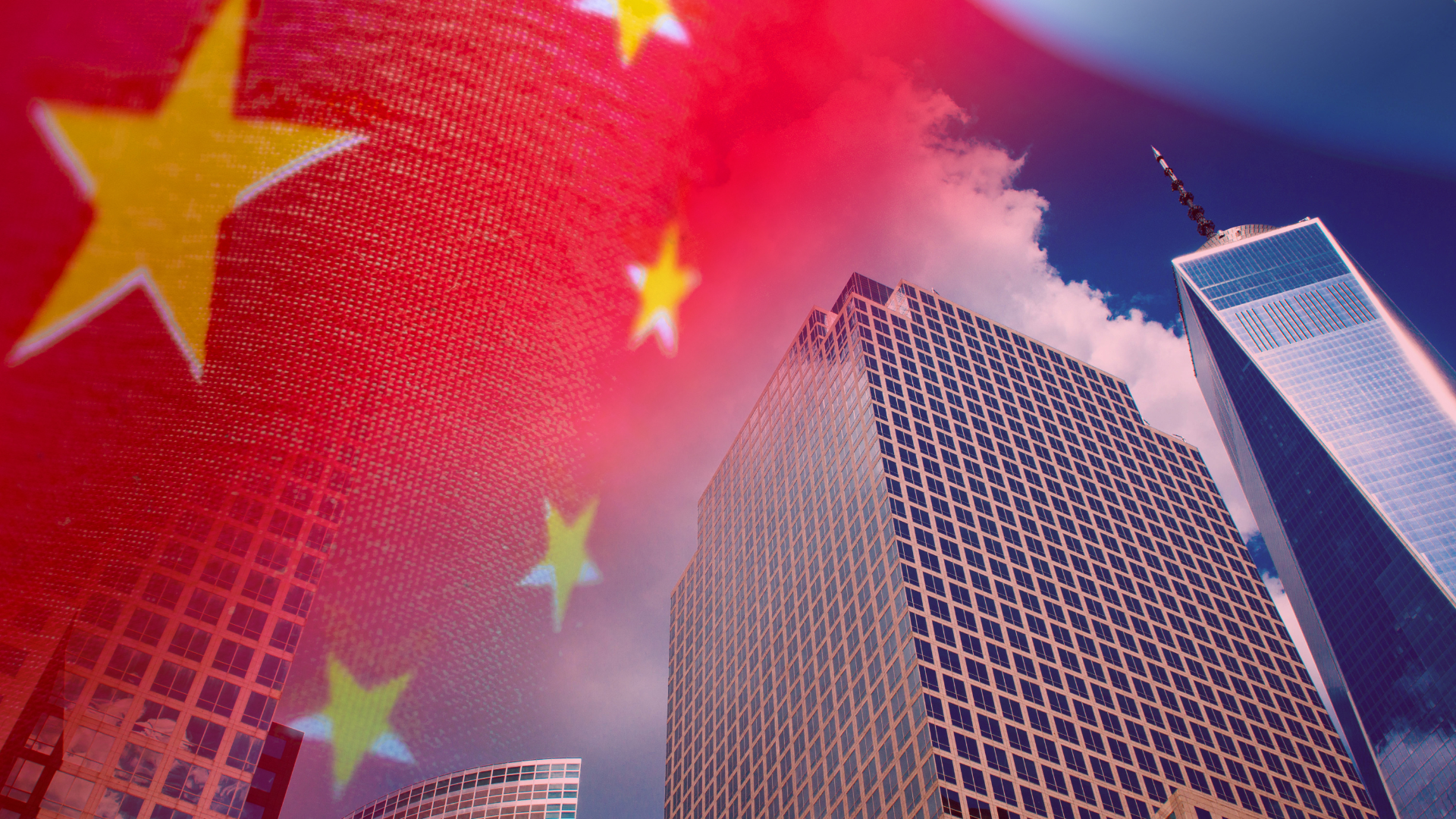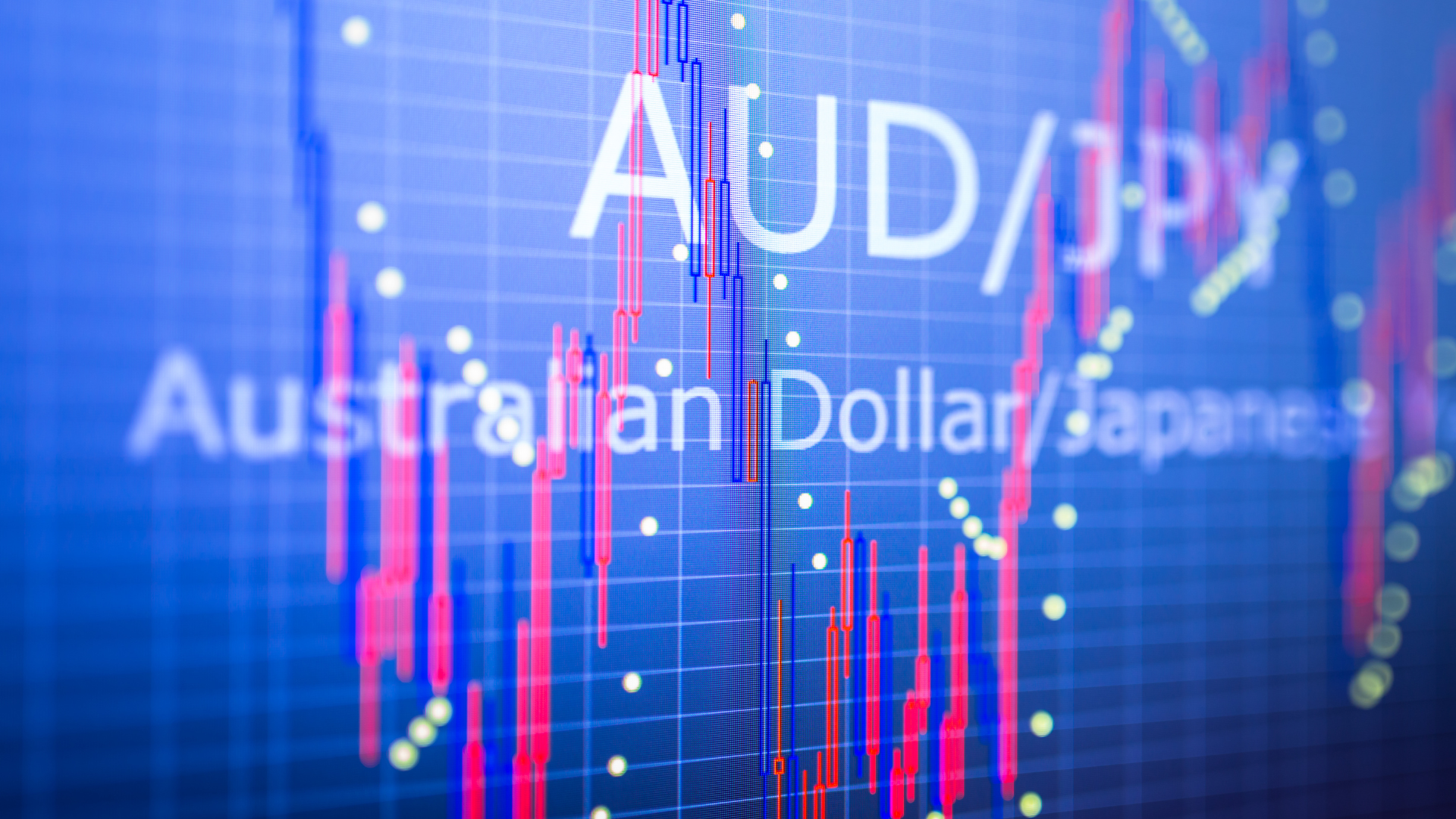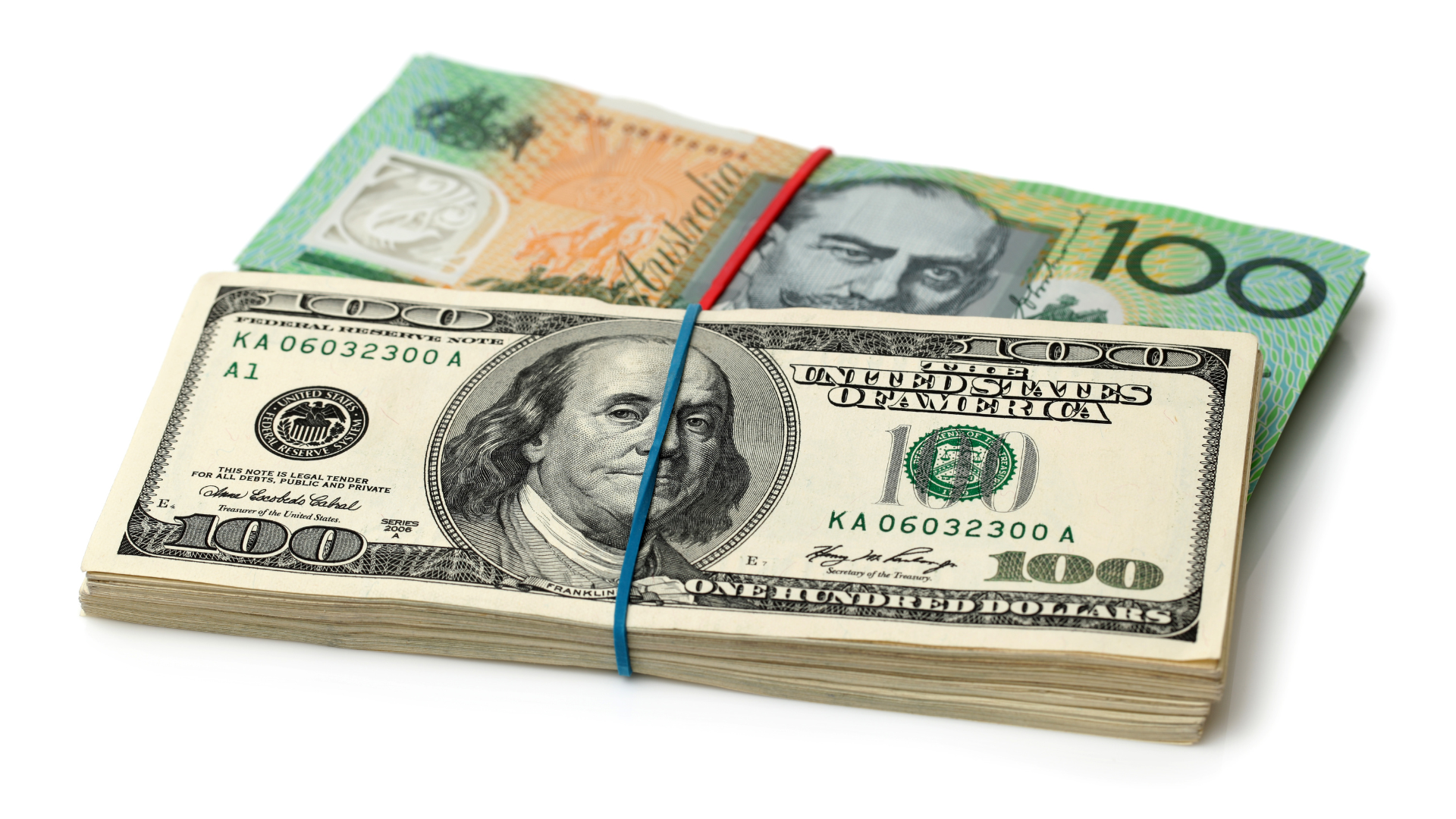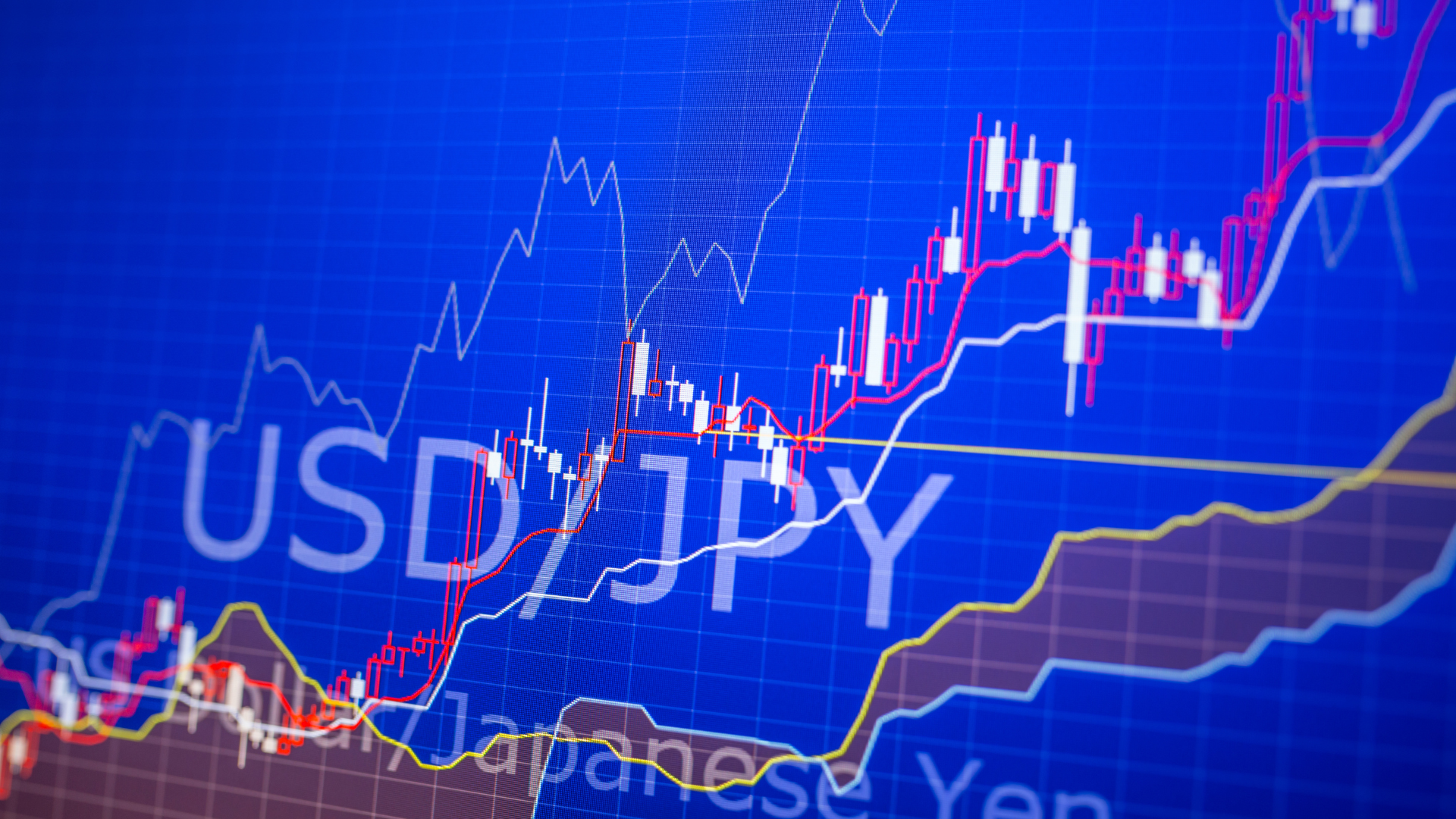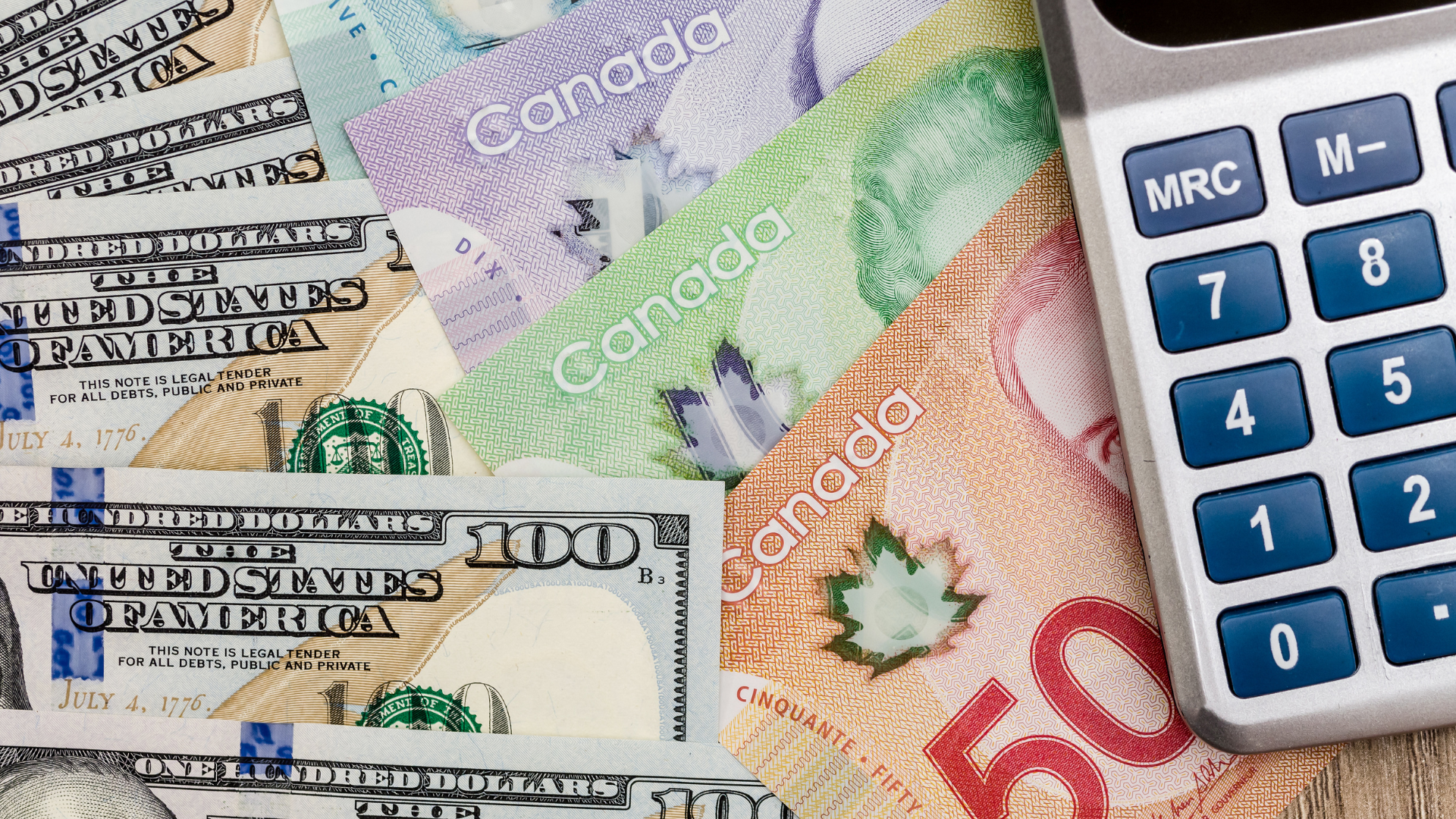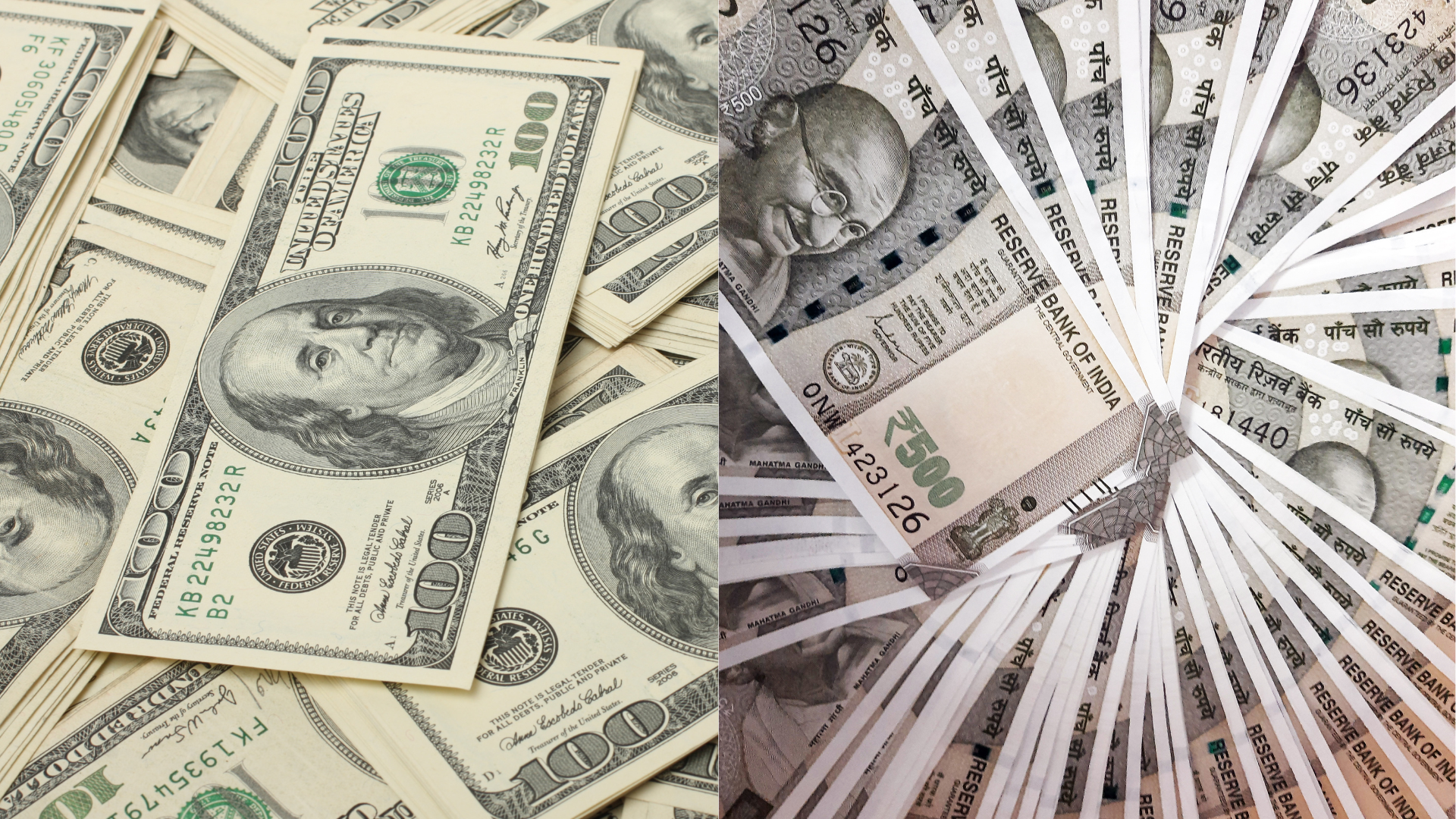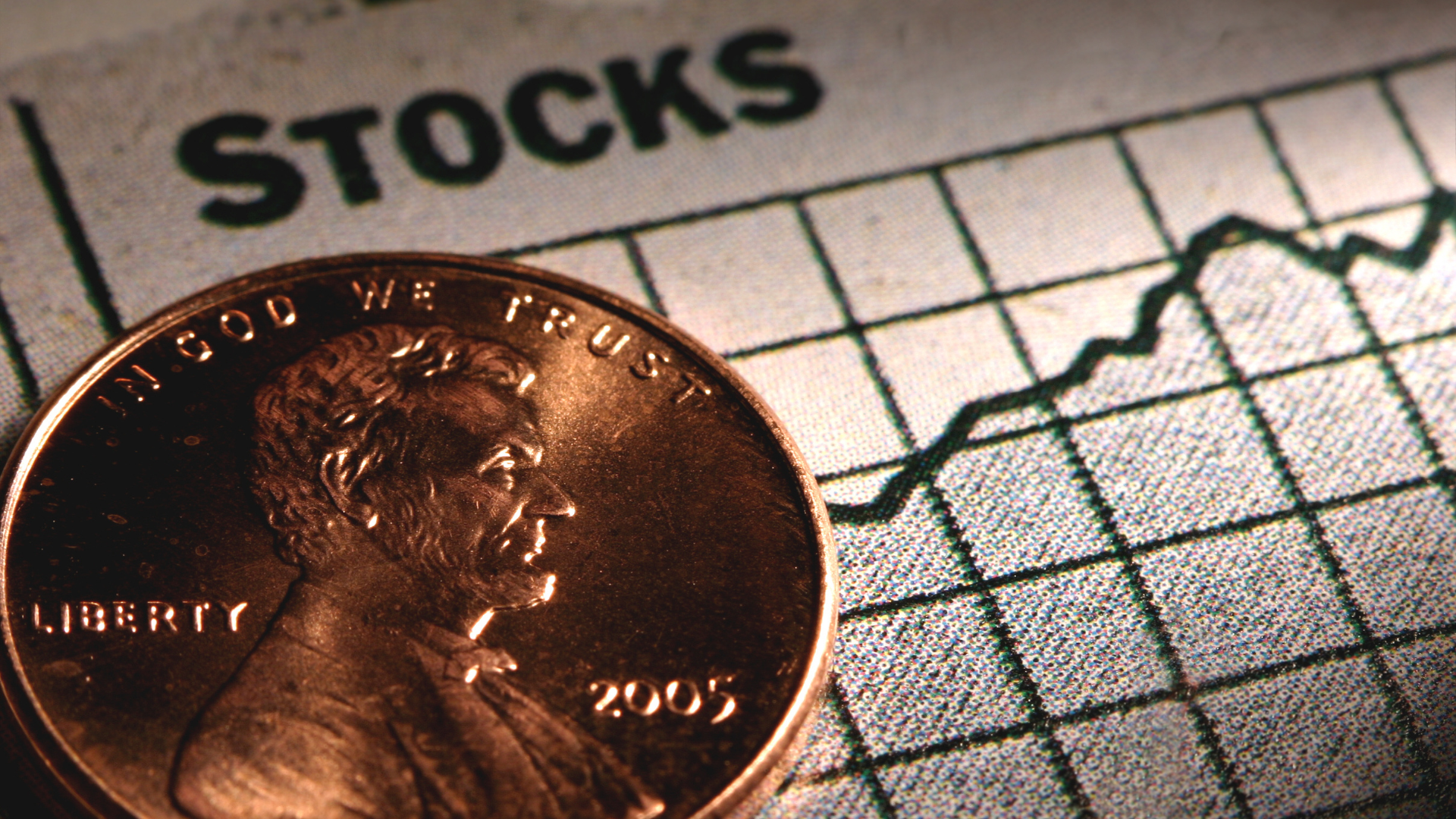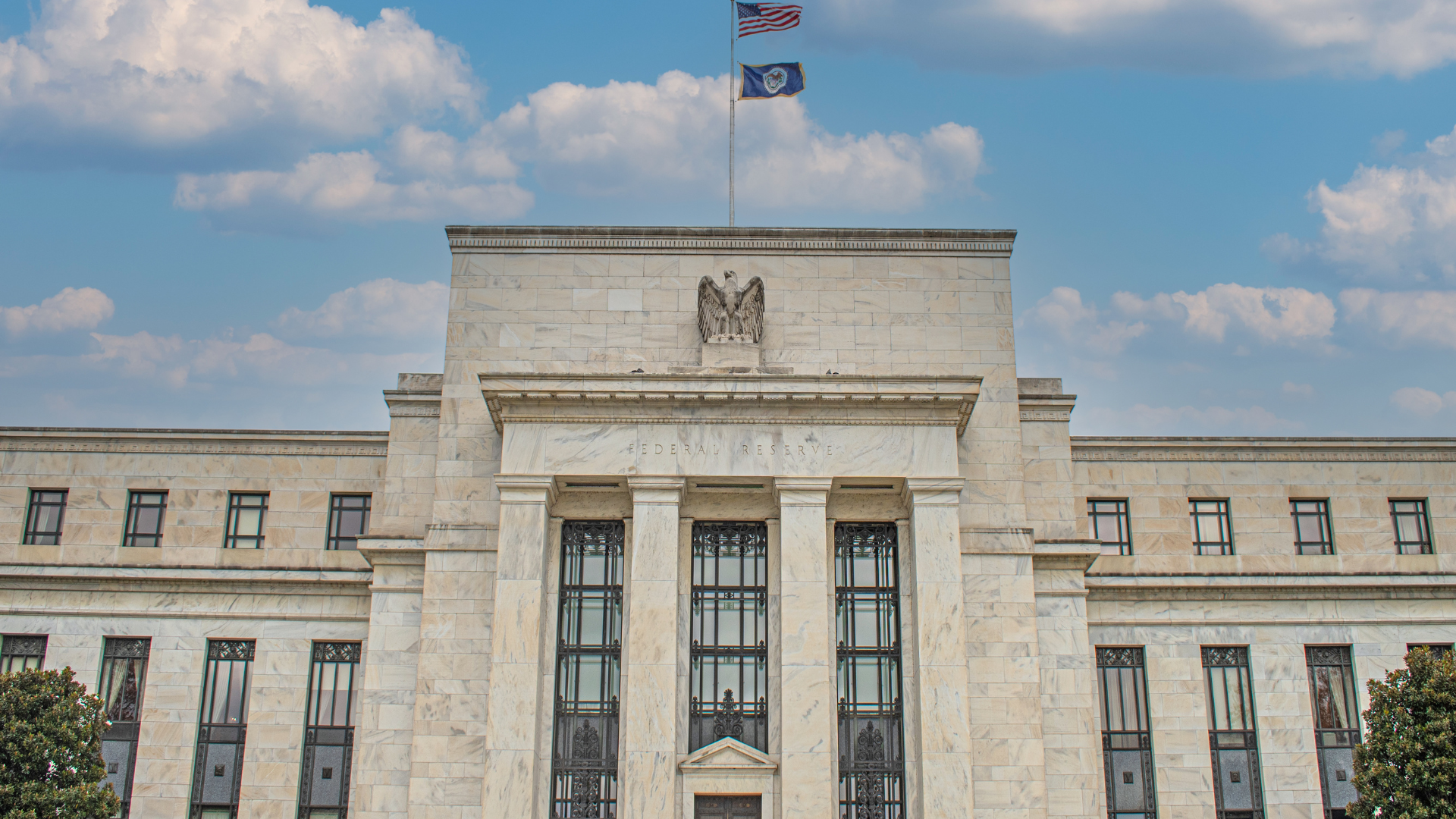China is likely to pursue smaller-scale measures to boost consumer spending rather than resorting to sweeping economic stimulus. Despite concerns over slowing growth, Beijing remains cautious about significant interventions that could strain its financial system. Policymakers are exploring targeted incentives, focusing on areas like automobile and home appliance purchases to encourage domestic consumption without escalating debt levels.
Recent data indicates China’s recovery remains uneven, with consumer confidence yet to rebound fully. While retail sales have shown modest improvement, broader spending patterns reflect ongoing concerns about employment and income stability. This signals that government support may focus on shoring up key sectors without a large-scale cash injection, balancing short-term relief with long-term economic stability.
Analysts suggest that structural reforms may be prioritized over aggressive stimulus, as Beijing seeks to avoid repeating past cycles of over-reliance on credit-fueled growth. By emphasizing gradual consumption-driven policies, the government aims to foster sustainable growth, particularly through incentives for green energy products and localized industries.
The approach reflects Beijing’s broader strategy of balancing economic resilience with fiscal discipline. While global investors are eager for signs of stronger support, China’s measured response highlights its focus on controlling risks and ensuring stability in the world’s second-largest economy. This could pave the way for slower but steady progress in stimulating consumption.



